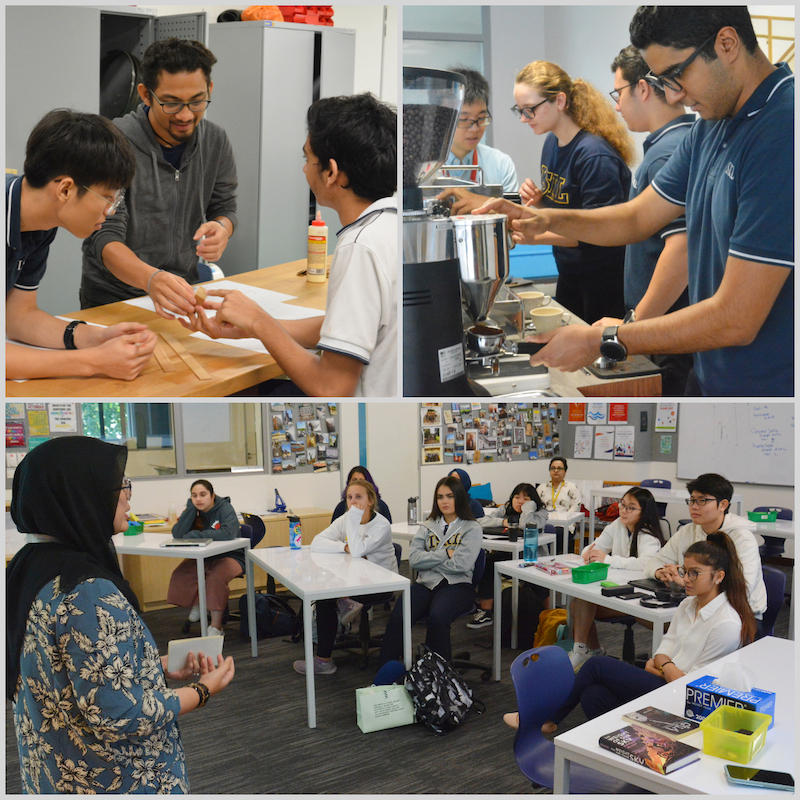 “The illiterate of the 21st century will not be those who cannot read and write, but those who cannot learn, unlearn, and relearn.” Futurist and philosopher Alvin Toffler
“The illiterate of the 21st century will not be those who cannot read and write, but those who cannot learn, unlearn, and relearn.” Futurist and philosopher Alvin Toffler
We are all aware of how “recycle, reduce, and reuse.” relates to environmental sustainability but perhaps less familiar with how Toffler’s call to “learn, unlearn, and relearn.” applies to developing a sustainable lifelong approach to learning for our students which starts from the outset here at ISKL.
Our ability to learn is a critical life skill which begins in early childhood and is first associated with survival and meeting our most basic needs. It is one of the most natural human activities which builds in complexity as we transition through each of life’s stages – from learning how to walk, eat, talk, read, write, differentiate between right and wrong, through to understanding a piece of literature or how to conduct a scientific experiment and ultimately finding meaning and fulfillment in our lives.
The skills, behaviors and passion to learn that are cultivated in early childhood mark the start of a lifelong transformational journey. The learning and development that takes place at school from early childhood onwards lays the foundation for developing these attitudes, skills, knowledge, and understanding. The role of a school is to nurture learning and create the optimal environment for learning to occur. This applies to everyone; not just students, but to faculty, staff, and parents as well. It is about creating a learning community and an educational framework to help students develop and learn as they transition through school and beyond.
Schools are about ensuring students are future ready. What does that mean? We know that technological, political, economical and environmental changes will continue to impact our world and it is essential for ISKL to create a culture of learning – one that prepares our students for a future that is forever changing. This is why lifelong learning is important; our students will have to learn, unlearn, and relearn skills throughout their lives to adjust to the ever-changing environments around them and our role is to prepare them for this future.
As we know, the best way for our students to become lifelong learners – to learn, unlearn, and relearn – is to be nurtured in a caring environment (a culture) where everyone models how they learn. To create such an intentional culture we need to: have inquiring minds (always ask questions), know how and where to research, collaborate with others who are experts in their fields, listen attentively to others, and celebrate learning and growth.
Yours in collaboration and learning,
Rami Madani
Head of School

